A huge iceberg just broke off West Antarctica’s most endangered glacier
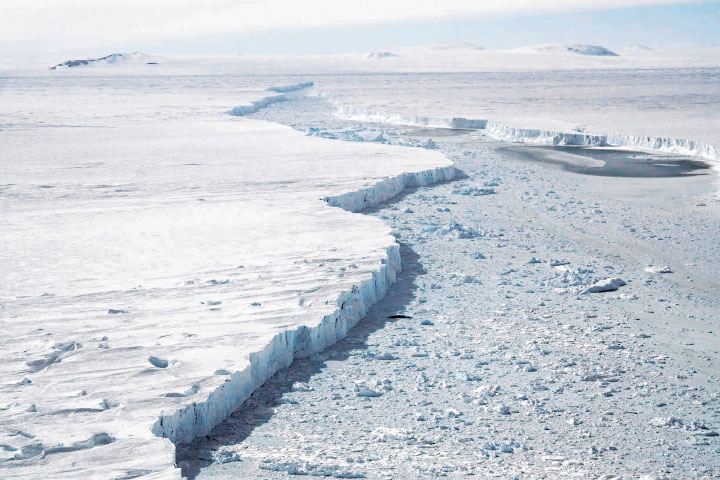
On the ice-covered edge of a remote West Antarctic bay, the continent’s most imperiled glaciers threaten to redraw Earth’s coastlines. Pine Island Glacier and its neighbor Thwaites Glacier are the gateway to a massive cache of frozen water, one that would raise global sea levels by four feet if it were all to spill into the sea. And that gateway is shattering before our eyes.
New research supports previous studies on global sea level rise
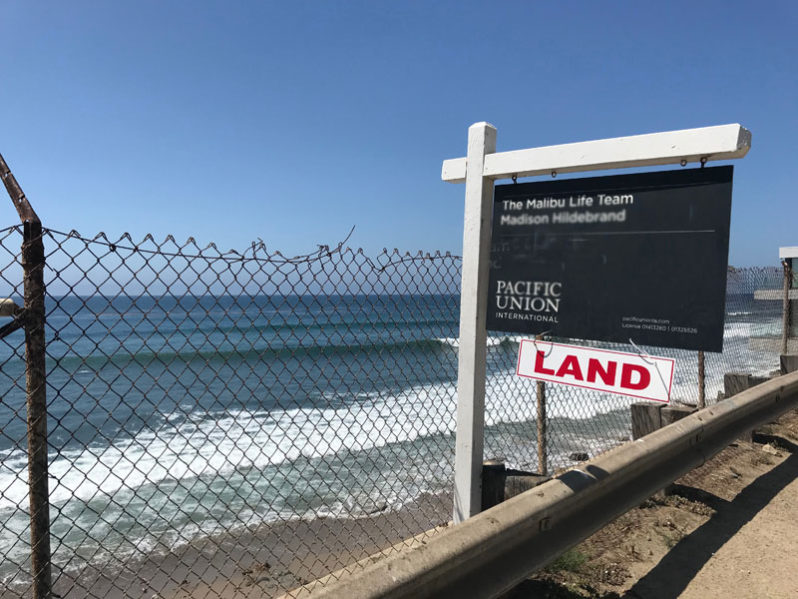
A new study has demonstrated that the global sea level rise has accelerated over the past four decades. In other words, as a result of global warming, the oceans are rising faster every year.
Arctic ice melt is changing ocean currents
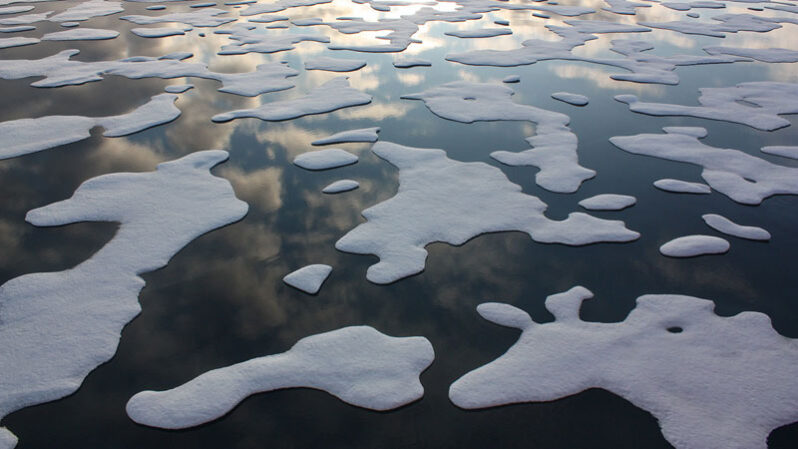
A major ocean current in the Arctic is faster and more turbulent as a result of rapid sea ice melt, a new study from NASA shows. The current is part of a delicate Arctic environment that is now flooded with fresh water, an effect of human-caused climate change.
What’s the ozone hole got to do with warming?
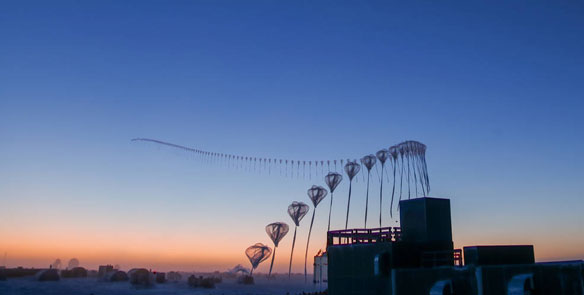
Based on new data crunched in climate model, researchers argue that CFCs are likely what’s caused the Arctic to warm even faster than the rest of the planet under the influence of climate change. CFCs are, after all, potent greenhouse gases.
Antarctica logs highest temperature on record of 18.3C
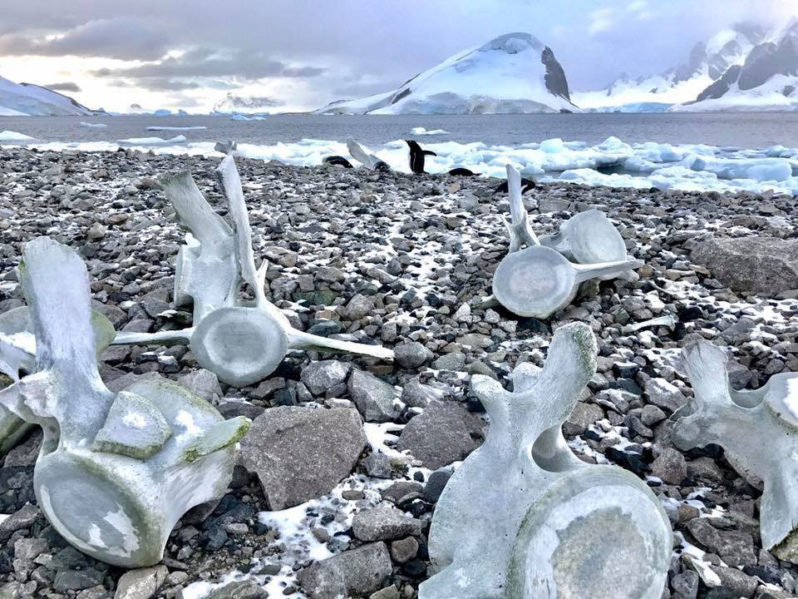
A record high temperature of 18.3C (64.9F) has been logged on the continent of Antarctica. The temperature was recorded in the Antarctic Peninsula, on the continent’s north-west tip – one of the fastest-warming regions on earth.
Why clouds are the key to new troubling projections on warming
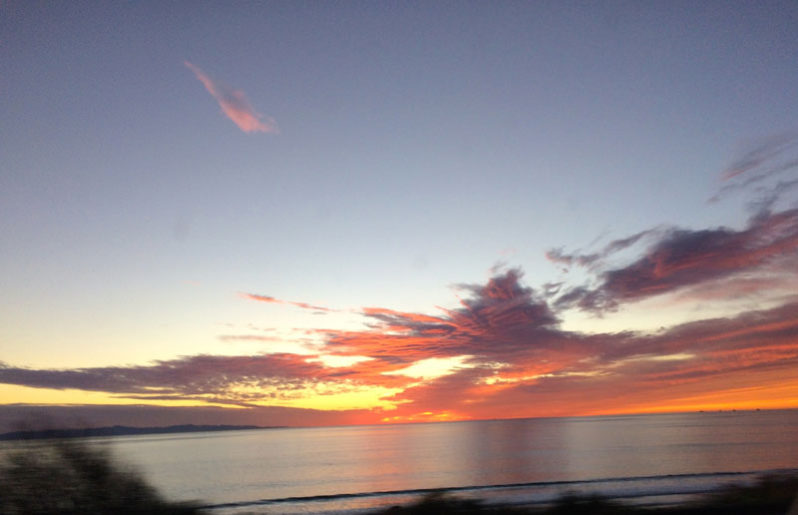
Recent climate models project that a doubling of atmospheric CO2 above pre-industrial levels could cause temperatures to soar far above previous estimates. A warming earth, researchers now say, will lead to a loss of clouds, allowing more solar energy to strike the planet.
In the Afro-Caribbean heart of Puerto Rico, locals fight erosion
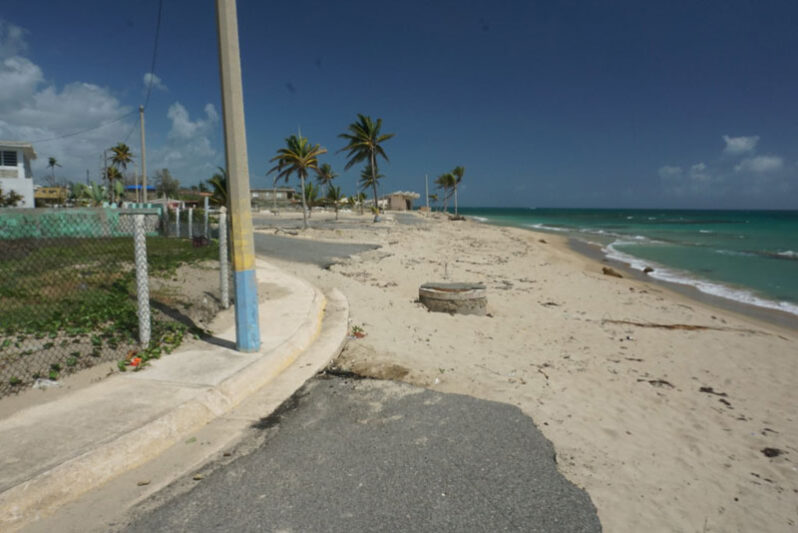
The waves crashed loudly on the collapsed ruins of the Paseo del Atlántico, a walkway that once partially protected residents here from the volatile ocean. Erosion along this northernmost coast of Puerto Rico, nearly 20 miles east of San Juan, precipitated the promenade’s destruction, it finally fell into the Atlantic, exposing the Parcelas Suárez neighborhood to the water’s edge.
Scientists alarmed to discover warm water at “vital point” beneath Antarctica’s “doomsday glacier”
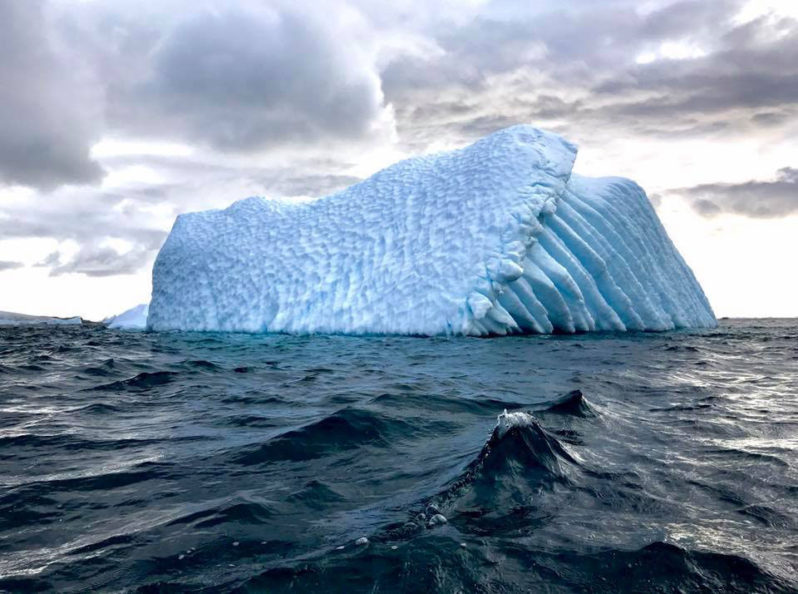
Scientists have found for the first time, warm water beneath Antarctica’s “doomsday glacier,” a nickname used because it is one of Antarctica’s fastest melting glaciers.
Conservative States Seek Billions to Brace for Disaster (Just don’t call it climate change.)
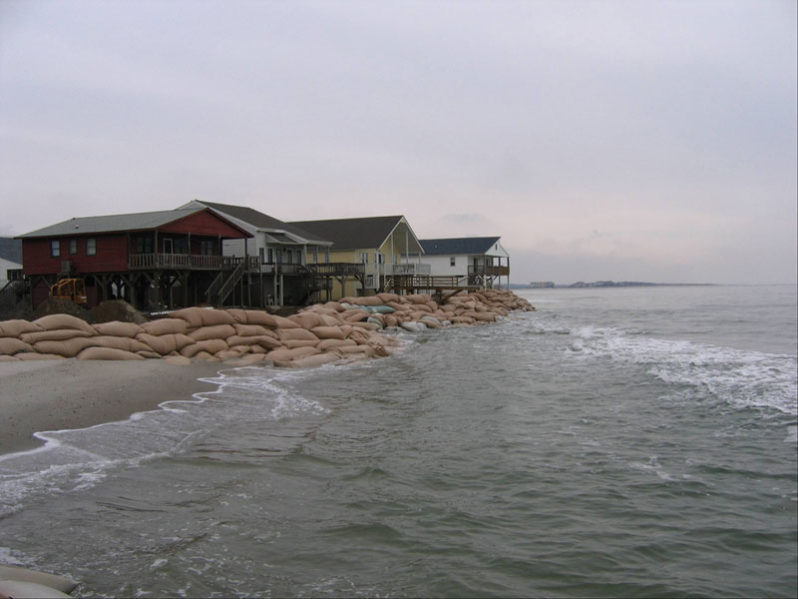
The Trump administration is about to distribute billions of dollars to coastal states mainly in the South to help steel them against natural disasters worsened by climate change.
